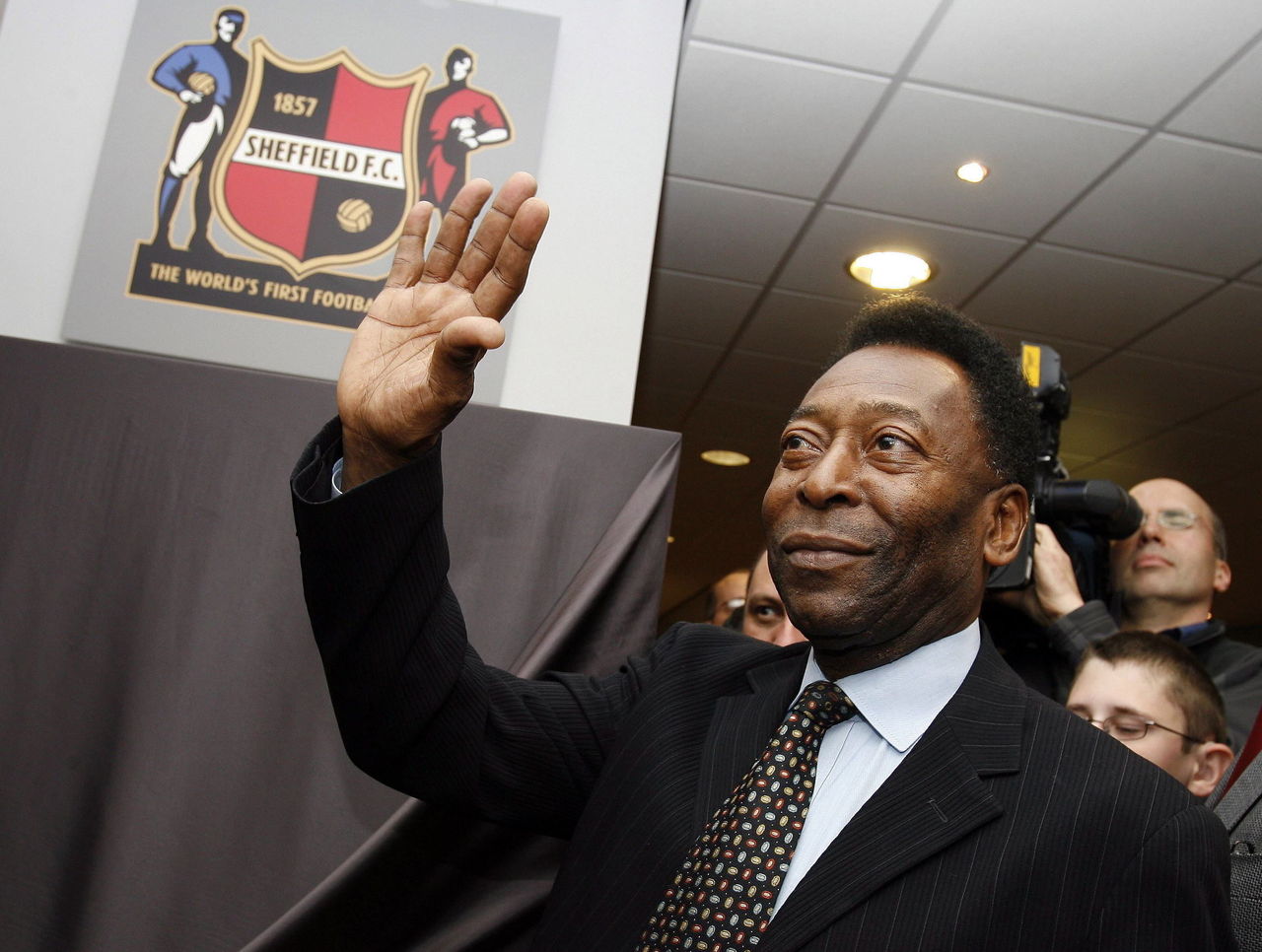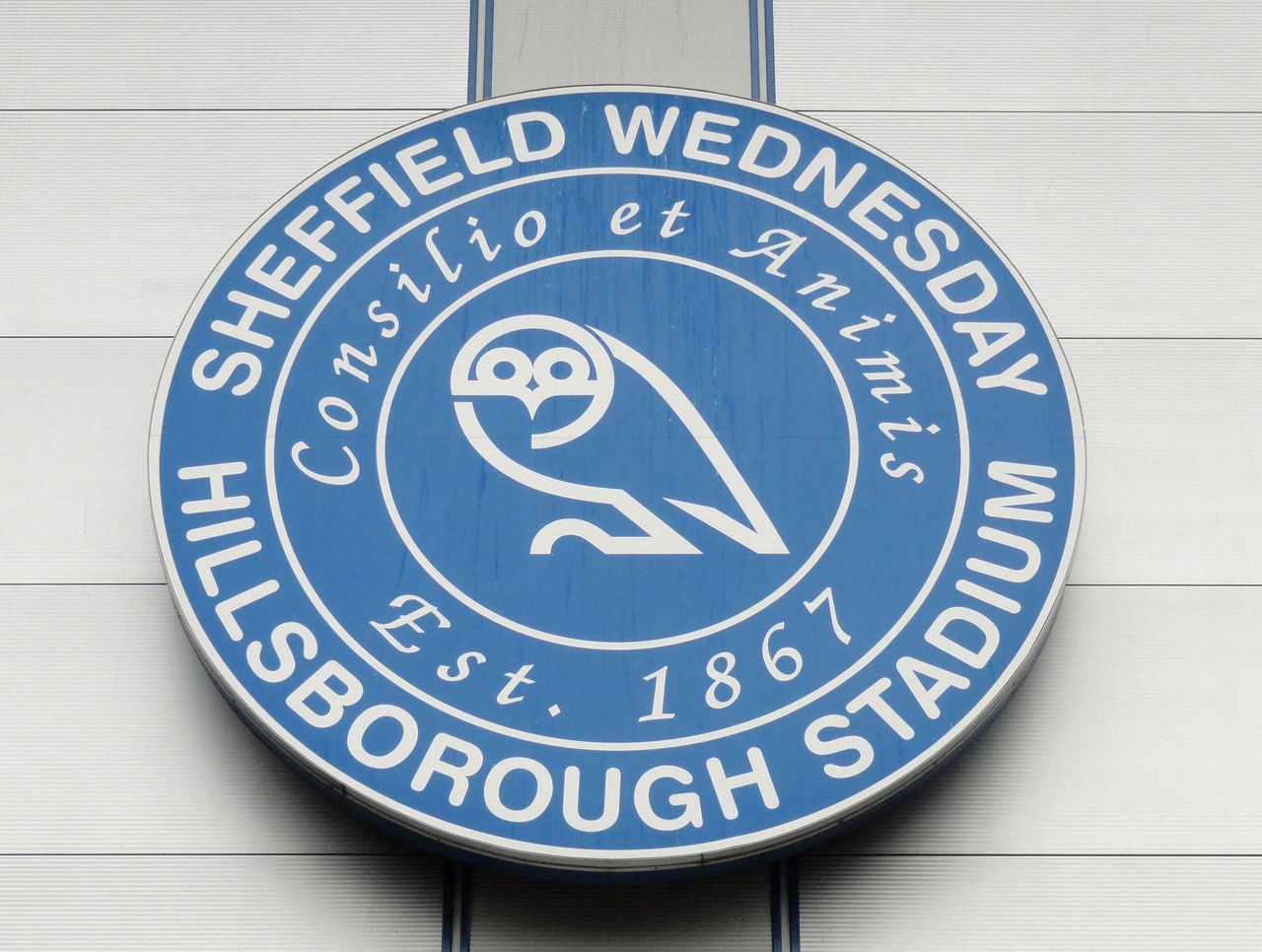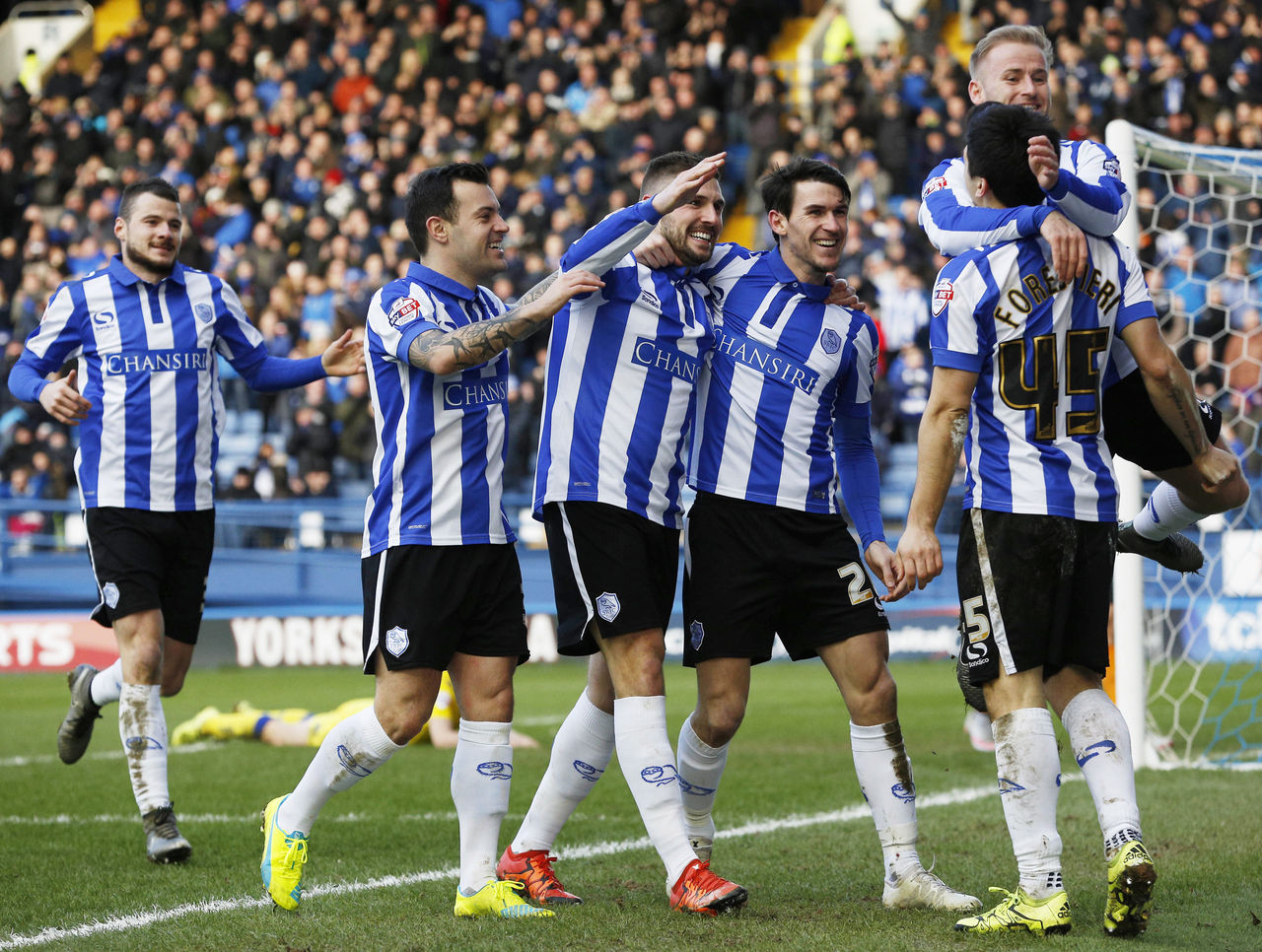Ghosts of Sheffield: Football's vital yet forgotten city
Sheffield has come a long way from the Margaret Thatcher-ravaged backdrop of 1997's "The Full Monty."
Castle Market, where Pulp frontman Jarvis Cocker flogged fish in his teens, has been hauled down in favour of £18-million Moor Market. The nightlife is no longer just alehouses full of knotted-nosed old men, instead dominated by young things hopping between shiny establishments offering cheap alcopops. Even the World Snooker Championship, held annually at the Crucible Theatre, is getting sexed up by the man behind the incredible growth of darts, Barry Hearn, in a move that's condoned by one of the game's greatest:
I'd love to play in that atmosphere, and anyone who can't go home
— Ronnie O'Sullivan (@ronnieo147) January 1, 2016
Unfortunately, the city's greatest passion is lagging behind.
Perched on a hill in the Crosspool area of the city is Hallam FC, a 10th-tier outfit whose home of Sandygate is recognised by the Guinness Book of Records as the world's oldest football ground.
Tonight's attendance; 82. Thank you all for your support #HallamFC pic.twitter.com/SqzWu5zFry
— Hallam F.C. (@FcHallamfc) January 26, 2016
It's a proper non-league home, with a pitch that refuses to thaw in the winter and shares its space with a cricket team in the summer; despite its important place in football history, though, Sandygate isn't frequented by football tourists. Hallam FC chairman Stephen Basford believes the issue is primarily a lack of investment from elsewhere.
"We do accommodate for anyone wanting to tour the ground," said Basford. "But as you can imagine we are all volunteers and all work so staffing the ground in the daytime would mean paying someone - and at the moment, that isn't possible."

The problem certainly isn't because the outfit lies in the shadow of Sheffield FC, the oldest club in the world, which has been celebrated by the likes of Pele - the two teams actually share a strong affiliation. Rather, it seems the whole city of Sheffield is somehow overlooked despite its vital role in the game.
Basford is rather stoic in his view: "When you look at the innovations that began here with Sheffield FC and the Sheffield rules you will see where we stand in the history of the game."
In certain aspects, the sport has come a long way from the early matches on pitches like Sandygate, where you were able to legally catch the ball and shove your opponent. However, Sheffield's other innovations in the 19th century - such as the introduction of corner kicks, crossbars and throw-ins in the 1860s - are a huge part of what we watch today.
That history isn't confined to the city's non-league football. Sheffield United's Bramall Lane originally opened as a cricket ground in 1855, and its first football match was between Sheffield FC and Hallam FC in 1862. It also hosted the world's first football cup final in 1867, when Hallam beat a now-defunct Norfolk.

Sheffield Wednesday and its Hillsborough Stadium are rich in history, too. The club (then simply named "The Wednesday") was one of the founding members of the Football Alliance League in 1889, winning the first season after its creation, and then promptly joined the Football League.
But Wednesday, like United, has not given its city top-flight football for some time.
"When you think there's only been one season of Premiership football in the past 16 years between two sides, it's nothing short of damning," said Thomas Craig, an avid fan of Sheffield Wednesday. Craig splits his time between his native England and Canada, where he plays Inspector Brackenreid in the popular, long-running detective series "Murdoch Mysteries."

(Courtesy: cbc.ca)
Craig has become a recognised personality in his hometown, even occasioning a chant from Sheffield United fans that celebrated the murder of his Tommy Harris character on "Coronation Street." Despite his self-confessed loathing of all things Blades, he is well-versed in and conscious of the respect Sheffield as a whole deserves for its role in the game.
"Because Sheffield lacks the glamour and investment that cities such as Leeds and Manchester have received over the last 20 years, Sheffield kind of gets forgotten - but the passion within the city is just as much as any other major city in the U.K."
Indeed, rewarding Manchester with the National Football Museum was dubious when Sheffield and - as Craig points out - Glasgow, along with universities across Britain, were the founding fathers of football. Manchester is simply more fashionable, and, in City and United, boasts two of the bigger teams in European football.

The Owls are currently in the Championship playoff places and could join the English football elite for the first time since 2000 in May. Along with second-placed Middlesbrough, they represent a chance to bring the Premier League back to Yorkshire. Craig is unsurprisingly excited at the prospect.
"Hopefully Wednesday will be back for the beginning of the 2017-18 season to coincide with our 150th anniversary in September," he said.
With any luck, a Sheffield team's return to the top tier could help bring the city's pioneering past in football to the forefront - right where it belongs.
For more information on Sheffield's role in the game, visit The Home of Football.
HEADLINES
- Report: Salah returning to Liverpool squad despite unresolved issues
- Salah's Liverpool soap opera doesn't dim admiration from home village
- Marseille boss De Zerbi: Greenwood has 'Ballon d'Or potential'
- Toure: No doubting Man City boss Guardiola's passion
- Man United unsure if AFCON trio available for Bournemouth match